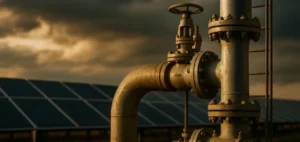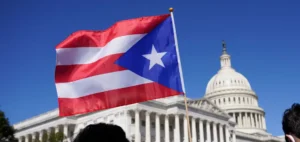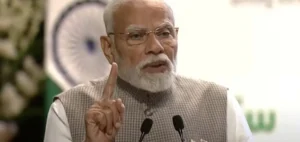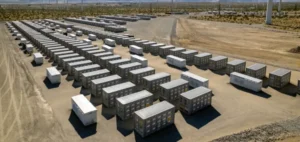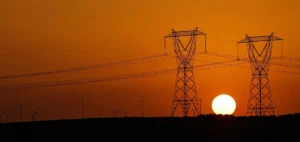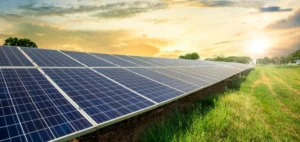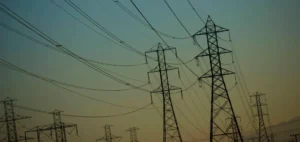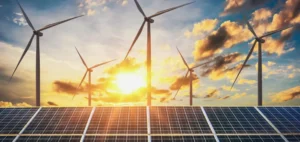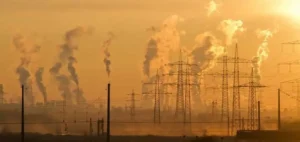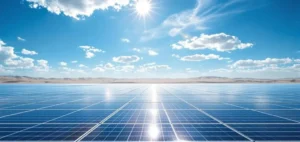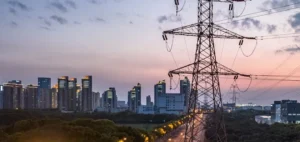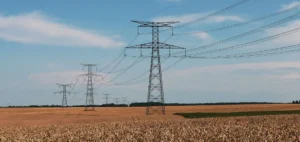Germany is called upon to relaunch its climate protection plan.
The Green Party, which is contesting the federal elections in September 2021, is proposing the creation of a new climate ministry.
Germany votes in September and the Greens are in the running
In April 2021, the announcement of Annalena Baerbock’s candidacy enabled Die Grünen (The Greens) to overtake Angela Merkel’s coalition (CDU-CSU).
But the rise was short-lived.
Baerbock’s image had been tarnished by a murky affair involving the payment of an undeclared Christmas bonus.
Another of the party’s suggestions that Germany should arm the Ukraine had also worked against them.
The Greens’ popularity plummeted against the CDU-CSU candidate.
In response to their critics, Reuters reports that the Greens’ best chance of being elected would be to lead a coalition.
If this is formed with the FDP (liberal-democrat party), then perhaps they will have a chance.
A new climate policy project
The Greens appeal to the climate ministry to relaunch the campaign.
They have presented an “emergency program for climate protection”.
The aim is to boost the party’s popularity ahead of the September 2021 elections.
The party is now counting on Germany’s ecological conscience to restore its image.
The announcement of this project has effectively enabled the Green Party to climb in the polls.
A ministry to comply with the Paris Agreement
In concrete terms, the Greens’ program includes the creation of a new climate protection ministry.
The main task of this German ministry would be to ensure that the objectives of the Paris Agreements are respected at all costs.
These targets, set in 2015, aim to avoid exceeding the limit of +1.5 degrees on average at the earth’s surface.
The ministry will therefore be responsible for blocking legislative projects that prevent this limit from being reached.
To this end, the Ministry will have veto power to stop legislation deemed to be non-compliant.
Creation of a working group
The ministry proposed by the Greens would head a government task force.
This would be entirely dedicated to the goal of climate preservation.
It would meet weekly for the first 100 days of the newly elected government’s term of office.
This arrangement is intended to promote coordination between the various players working to combat climate change.
Investing in green energy
It was also announced that investments in climate protection would be increased by 15 billion euros.
As for so-called “environmentally harmful subsidies”, these will be eliminated to the tune of 10 billion euros.
Another objective could be to phase out the use of coal.
By 2038, the Greens would like Germany to be supplied exclusively by renewable energies.
These strong proposals respond to a real climate emergency.
Indeed, the party’s program indicates that, at the current rate, Germany would need a further 56% to achieve carbon neutrality.
However, events in the west of the country in recent weeks have shown that time is running out.
Faced with the setbacks encountered during the campaign, the Greens have decided to refocus their program on ecology.
The 10 points of their latest communication propose the creation of a Ministry dedicated to the climate issue.
More effective and less corrupted by economic issues, it could enable the party to win over part of public opinion.
However, this announcement does not yet appear to be enough to guarantee them a majority of votes in September 2021.




